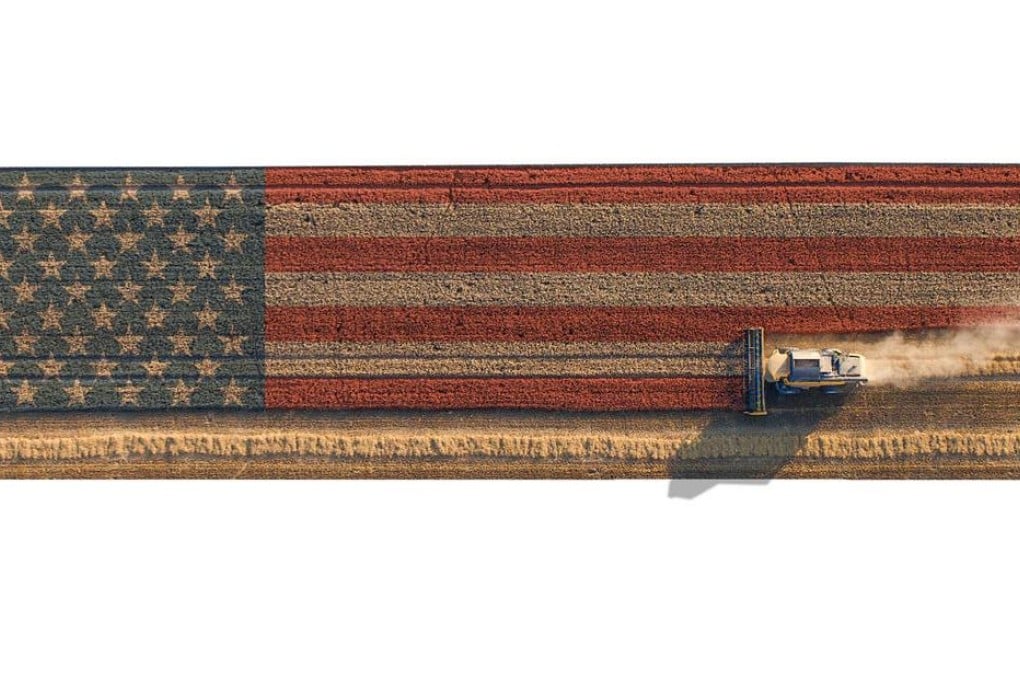China invests in farms overseas as development and pollution threaten its fields
Investment in overseas agriculture soars as the world's most populous country sees its own farmland threatened by development and pollution

When Ma Wenfeng was a boy, his father earned so little money growing wheat and corn that the family mainly ate mantou, a steamed bread that is a staple of the poor. The last thing he would have dreamed of was becoming a farmer.

Motivated by the search for big expanses of land with abundant supplies of clean water, the Chinese are looking far afield - to the United States, Chile, Brazil, Russia, Ukraine, Bulgaria and Australia.
"We're the world's fastest-growing economy, with a huge demand for agricultural products," said Ma, who works as an analyst for a Beijing-based trade association, CnAgri. "When we look overseas, we see large tracts of land where you can operate a farm that makes sense economically."
From an economic standpoint, Chinese investment in farmland has impeccable logic. One widely repeated statistic is that China has 20 per cent of the world's population and just 9 per cent of its arable land.
"Throughout Chinese history, our land was never enough," said Tian Zhihong, a professor of international agriculture at China Agricultural University.
China suffers from chronic drought and desertification, and has compounded its problems in recent decades by polluting the land or building on it in a headlong rush towards economic development.